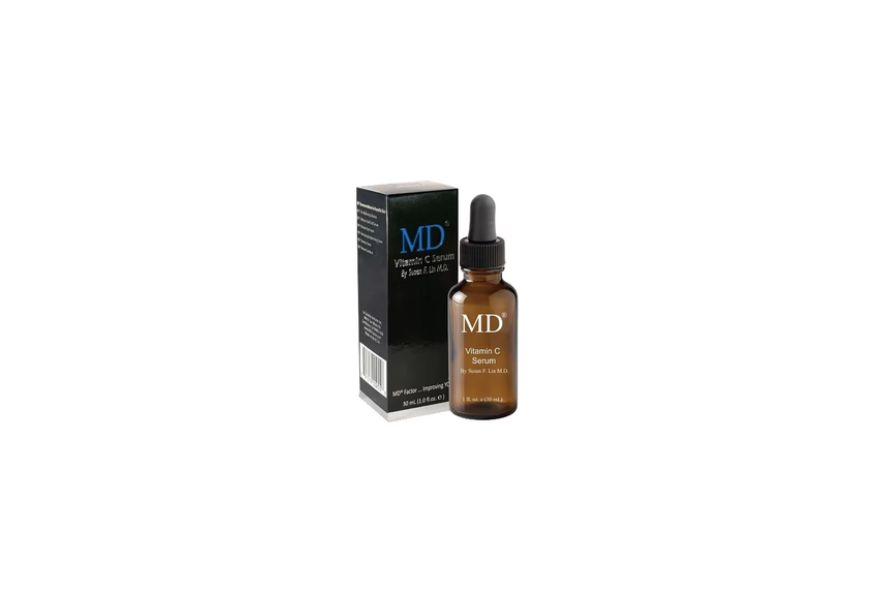What is a frozen shoulder? Frozen shoulder, also known as adhesive capsulitis, is a debilitating condition characterised by pain and stiffness in the shoulder joint. Recognizing the early symptoms and seeking prompt medical attention is crucial for effective management and preventing long-term complications associated with this condition.
Frozen Shoulder Symptoms
Early symptoms of a frozen shoulder typically begin gradually and worsen over time. Patients commonly experience persistent pain and stiffness in the shoulder joint, which may intensify at night or during colder weather. This stiffness leads to difficulty in performing daily activities such as reaching overhead, behind the back, or across the body. Activities involving the affected shoulder can become painful, and there is a progressive loss of mobility in the joint.
What Causes Frozen Shoulder Symptoms?
A frozen shoulder occurs when the capsule surrounding the shoulder joint thickens and tightens, restricting its movement. While the exact cause is often unknown, factors such as injury, prolonged immobility, diabetes, and certain medical conditions increase the risk. The condition progresses through three phases—freezing, frozen, and thawing—each characterised by varying degrees of pain and stiffness.
The Importance of Early Detection
Early detection of a frozen shoulder is critical for several reasons. First, identifying symptoms in the initial stages allows healthcare providers to initiate appropriate treatment promptly. This early intervention may prevent the condition from progressing to more severe stages, reducing the overall duration of symptoms and improving outcomes. Second, timely diagnosis and treatment can help preserve shoulder function and mobility. Physical therapy and targeted exercises prescribed early on can prevent muscle atrophy and maintain the range of motion in the affected joint. Addressing symptoms early can also alleviate pain and discomfort associated with a frozen shoulder, improving quality of life and patient comfort.
Challenges in Diagnosis
Diagnosing a frozen shoulder can be challenging due to its gradual onset and similarity to other shoulder conditions. Healthcare providers rely on a combination of medical history, physical examination, and imaging tests such as X-rays or MRI scans to confirm the diagnosis and rule out other potential causes of shoulder pain and stiffness.
Treatment Options for Frozen Shoulder
Treatment approaches for frozen shoulder aim to alleviate symptoms, restore shoulder function, and prevent recurrence. Depending on the severity and stage of the condition, treatment may include physical therapy involving stretching and strengthening exercises to improve shoulder mobility and flexibility. Medications such as nonsteroidal anti-inflammatory drugs (NSAIDs) or corticosteroid injections may be prescribed to reduce pain and inflammation. In some cases, joint manipulation under anaesthesia is performed to break up adhesions and improve joint mobility. Surgical intervention, such as arthroscopic capsular release, may be considered for severe cases that do not respond to conservative treatments.
Lifestyle Modifications and Self-Care
In addition to medical interventions, individuals can manage frozen shoulder symptoms and promote recovery through self-care practices. This includes applying heat or cold packs to the affected shoulder to alleviate pain and reduce inflammation. Balancing rest with gentle movement helps prevent stiffness while avoiding activities that exacerbate symptoms. Maintaining good posture also reduces strain on the shoulder joint and muscles.
The Role of Patient Education
Educating patients about the early symptoms of frozen shoulder empowers them to recognize signs of the condition and seek timely medical evaluation. Encouraging early consultation with healthcare providers, such as shoulder specialists or orthopaedic doctors in Singapore, promotes proactive management and improves treatment outcomes.
Conclusion
Early detection of a frozen shoulder is crucial in mitigating its impact on shoulder function and quality of life. By understanding the early symptoms and seeking prompt medical attention, individuals can access timely interventions that alleviate pain, restore mobility, and prevent long-term complications associated with this debilitating condition. For individuals experiencing persistent shoulder pain or stiffness, consulting with a healthcare provider is essential for accurate diagnosis and personalised treatment planning.
For early detection and effective management of frozen shoulder symptoms, consult a specialist today. Contact Bryan Tan Novena!







